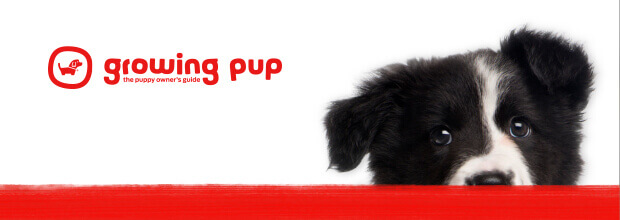History and Origins
Country of Origin: England
Despite their name, it would seem that the Dalmatian is primarily an English breed with their first recorded use being by Thomas Berwick in 1791. Also known as the Spotted Coach Dog, not only are they the only truly spotted breed in the world, but they are also the only dedicated carriage dogs, bred to run alongside coaches either as a guard or a status symbol.
Dalmatians would accompany farmers’ wives and their pack ponies to market to ensure her safety. They were so good at this job that they began running alongside carriages to deter highwaymen - but as they were so showy they quickly became status symbols for the wealthy. They also found work running alongside horse-drawn fire engines. Their history may account for their reported affinity with horses.








